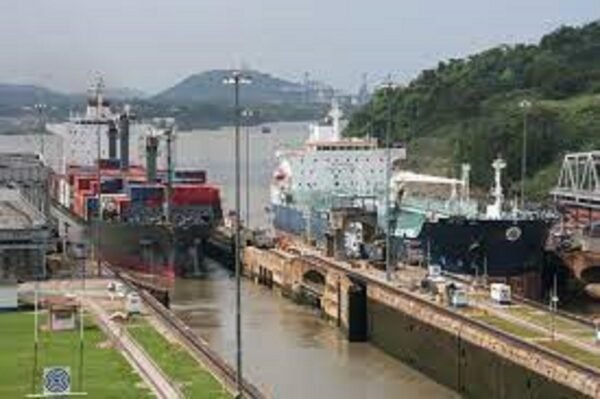U.S. would take necessary measures, if Chinese influence was not curtailed around Panama Canal

Donald Trump’s recent remarks regarding the Panama Canal have sparked significant controversy and diplomatic tensions. In his inaugural address on January 20, 2025, Trump declared that the United States would be “taking back” the Panama Canal, alleging that Panama had violated its neutrality agreement and that Chinese influence had taken control of the vital waterway. He emphasized that the canal, which was handed over to Panama in 1999, was not meant to be operated by China, asserting, “We didn’t give it to China; we gave it to Panama”.
Trump accused Panama of excessive charges to American vessels and claimed that the spirit of the original treaty has been violated.
He expressed that “something very powerful is going to happen” soon regarding the canal, although he did not specify what actions might be taken.
Secretary of State Marco Rubio echoed Trump’s concerns, warning Panama’s President José Raúl Mulino that the U.S. would take necessary measures if Chinese influence was not curtailed around the canal.
Panama’s Response:
The Panamanian government has firmly rejected Trump’s claims, asserting its sovereignty over the canal and denying any Chinese control. President Mulino stated that “the canal belongs to Panama” and dismissed Trump’s assertions as nonsense.
The Panama Canal Authority operates the canal independently under Panamanian governance, and both the Panamanian government and experts have denied any wrongdoing regarding neutrality commitments.
Trump’s threats have raised concerns about potential military action or economic sanctions against Panama, which could destabilize relations between the two nations. The situation is further complicated by increasing Chinese investments in Latin America, which have alarmed U.S. officials.
The economic repercussions are already being felt, with U.S. investment banks downgrading their outlook on Panamanian bonds due to these tensions.
As this situation develops, it remains unclear how both countries will navigate these escalating tensions over a critical maritime route essential for global trade.
